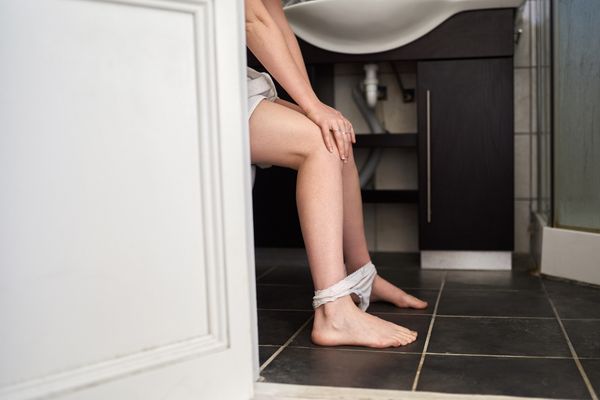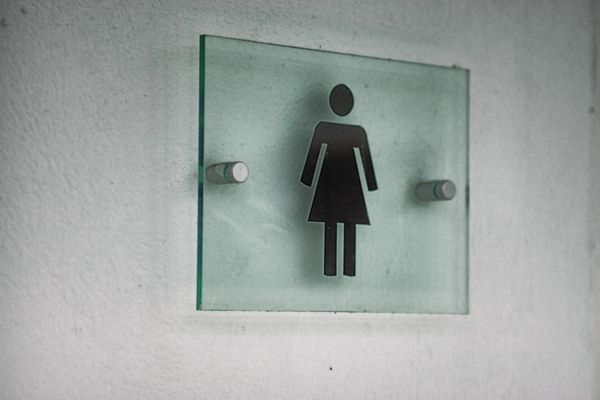By Nicole Kwan
When it comes to overactive bladder, women have a particularly hard time getting their physicians to address their symptoms. If your health care provider says everything "looks good" and your urine tests are clear, the issue tends to get dismissed.
"There are other things that patients come in with that health care providers find to be more pressing — blood pressure, diabetes, cholesterol, vascular health, asthma. By the time they get to the bladder, they say, ‘Let's just see how you do,' or push it off," says Elizabeth Kavaler, M.D., urogynecologist, urologist, and managing partner of Total Urology Care of New York in New York City..
If your health care provider doesn't acknowledge that you may have an overactive bladder, it only adds to the embarrassment and feeling like you should suffer in silence. It's common for women to buy pads in secret and hide their symptoms from their spouses and families.
"A lot of women will have [overactive bladder] but it won't be validated by a health care provider," Kavaler says, adding that patients are often told to hold it, that there's nothing wrong with them.
Don't downplay your symptoms, especially because they're likely affecting your mental, sexual, and emotional health. Your health care provider should address them or refer you to someone who can. If he doesn't, go elsewhere, Kavaler says.
"It's really common that women have to go to another health care provider; you may want to see a urologist or gynecologist. You have to see somebody who's interested in managing the problem," Kavaler says. "Not every health care provider is created equal. You've got to find a health care provider you connect with, who validates your symptoms and tries to help you."
It can be embarrassing, but it's important to tell your health care provider if you have the following symptoms and if they're disturbing your quality of life:
- Urgency: Do you often feel sudden, strong need to urinate?
- Frequency: Do you urinate over eight times in a 24-hour period?
- Incontinence: Do you involuntarily urinate when you feel the sudden urge to go?
- Nocturia: Do you wake up at least two times a night to urinate?
Beyond those guidelines, reflect on whether you've dealt with any of the following:
- Stressing over travel because you have to pack pads and won't know where bathrooms are located.
- Hiding your symptoms from your spouse and not wanting to have sex because your bladder is uncomfortable or you feel unclean.
- Forgoing drinking water, even when you're thirsty, because you're worried about incontinence.
- Getting up from the table multiple times during dinner with friends.
"If you think you have a problem, you have a problem," Kavaler says. "See someone who can help you sort through it."
This resource was created with support from Astellas.







